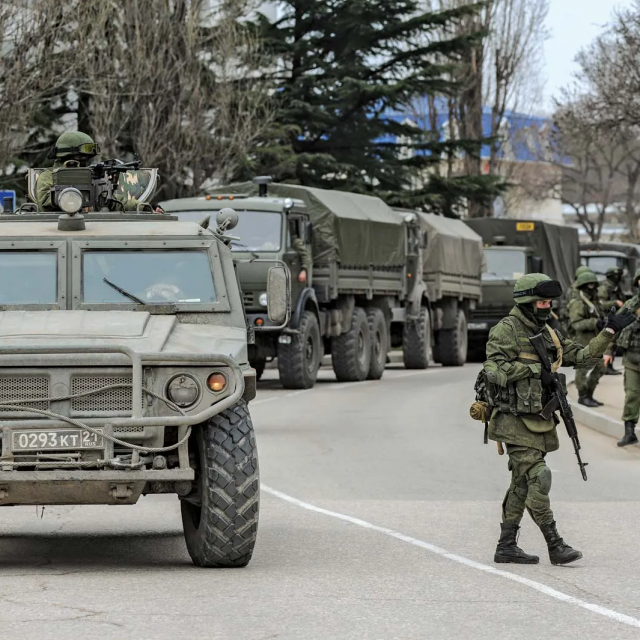We are perhaps one step closer to understanding the conundrum in Romania that the country’s two biggest prosecution offices, the National Anticorruption Directorate (DNA) and the Section for the Investigation of Justice Criminal Offences (SIJJ), both bring a record number of cases, yet those same cases either fail or end with dubious results.
It turns out that some of the most senior figures in those organisations did not, as the law requires, gain by exam (referred to in Romania as ‘competition’) their professional degree, but instead got their positions via an Order of the Minister of Justice, which in turn relied upon a simple interview by the DNA years ago, which was validated by the High Court of Cassation. This went against a decision by the Superior Court of Magistracy (SCM) which opposed the recognition of professional degrees without competition.
This revelation is causing shockwaves in Romania. It is a long-established rule that professional training is the main guarantee of standards for those who deal with the justice system. Training is what reassures people that those appointed to positions of maximum importance have the knowledge, skills and expertise needed. In this sense, Romanian law is very clear. Any judge or prosecutor who want to hold a position at a higher court or prosecutor’s office, must obtain by exam (competition) the professional degree related to the unit he or she opts for.
This alarming news has caused double concern because it seems clear that this lack of real qualification on the part of the senior leadership is having direct impact on the results (or lack thereof) of the DNA and SIIJ. The DNA, led by Chief Prosecutor Crin Nicu Bologa and his deputy Calin Nistor’s deputy and SIIJ led by prosecutor Nicolae Marin have both performed poorly in terms of actually delivering results on the cases they open.
The DNA has a huge list of acquittals, and the files it makes are of questionable quality, with the public only able to have minimal trust in them. SIJCO has almost no files at all. It has been operating since the autumn of 2018 and issued a call number of indictments. They have already received their first acquittal. Due to its lack of results, SIIJ is at risk of being abolished, with #rezist groups urging the PNL-USR coalition to close it down. In its defence SIIJ cannot even claim efficiency, with the organisation’s lack of results speaking for itself.
The current head of the DNA Crin Nicu Bologa and his deputy Calin Nistor, as well as the current head of SIJCO Nicolae Marin, did not acquire their professional degrees through the exams required by law. Instead they received them thanks to an Order of the Minister of Justice, relying on a simple interview with DNA, which was validated by the High Court of Cassation, in administrative litigation, in spite of the SCM Decision, which opposed the recognition of the professional degree without ‘competition’. Essentially these prosecutors did not acquire their status by demonstrating their expertise in the accepted legal way, but rather as a result of a judicial decision, resulting in discrimination.
They are not the only prosecutors to have acquired their status this way. The former head of DNA Laura Codruta Kovesi has been appointed as the European Chief Prosecutor. But when she applied for this position she had only the degree of tribunal prosecutor (two degrees lower than the maximum professional degree required for the European position). However, she quickly obtained in the High Court, a court decision by which she was awarded the professional rank of high court prosecutor, without having taken any exam, neither the one of prosecutor of the court of appeal, nor the one of prosecutor of the high court.
In the case of Bologa, Nistor and Marin, the Romanian media has reflected on how they, along with several dozen other prosecutors brought to DNA, in the first years of operation of this prosecutor’s office, by order of the Minister of Justice from that period, requested in autumn 2007 that the SCM recognize their professional rank as high court prosecutors as an effect of their temporary appointment to DNA by the Minister. The SCM rejected all of their requests, by the Decision of the SCM Plenum no. 791/28 November 2007, on the grounds that the acquiring of a professional degree higher than the one held can be done only by exam (‘competition’), according to law. It is also widely assumed that Marin could only have achieved the promotions he has during his career with the support of the secret services.
One American-born lawyer working in Bucharest summarised: “This is such a concerning situation. Not only do we have these discriminatory practices in terms of how these prosecutors achieved their status, but we also have the worry about whether they are really competent for the role, given they did not submit to exams in the normal way. It’s a concern for anyone relying on the Romanian justice system for a fair outcome.”




